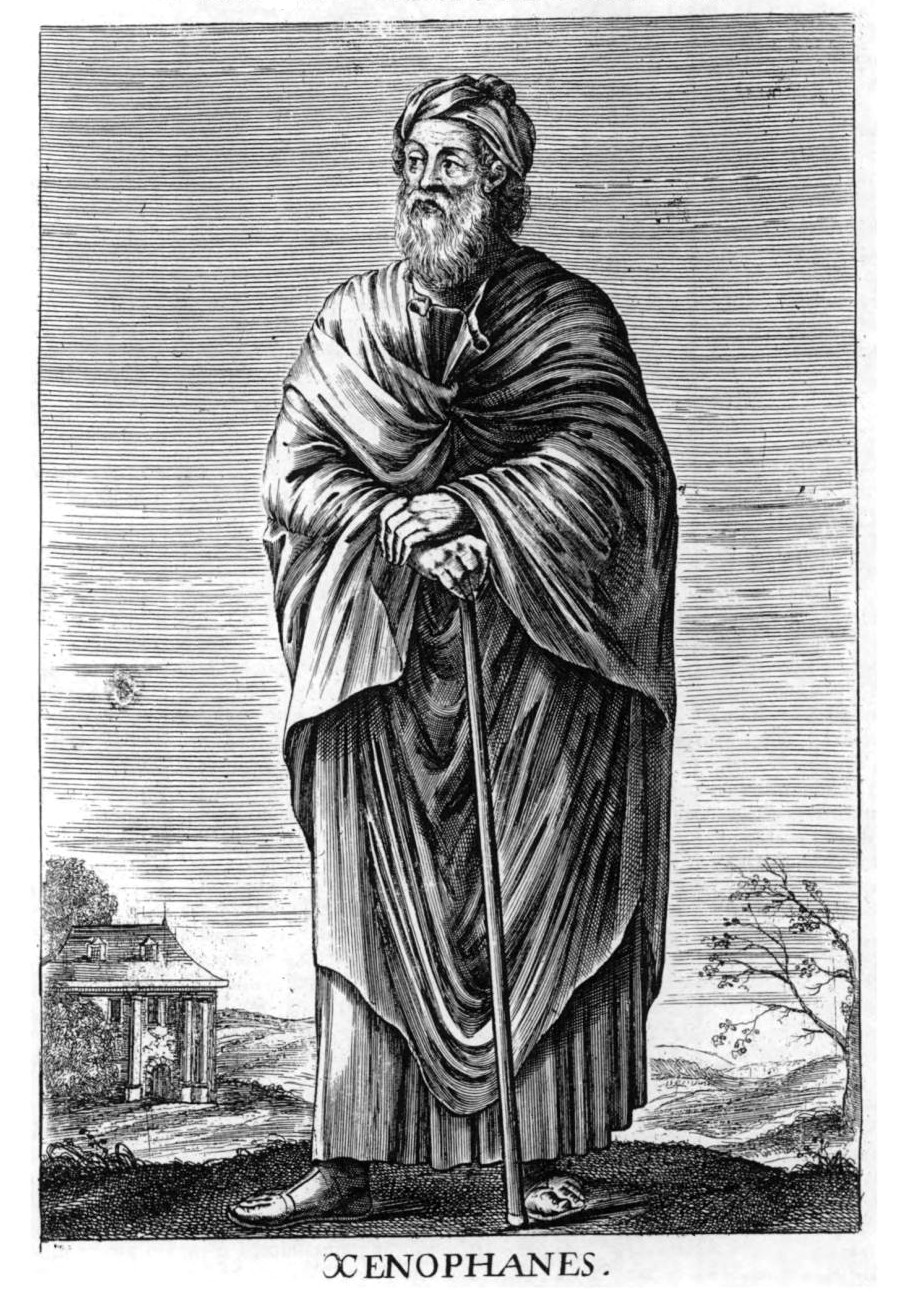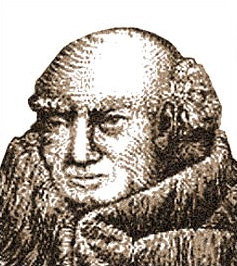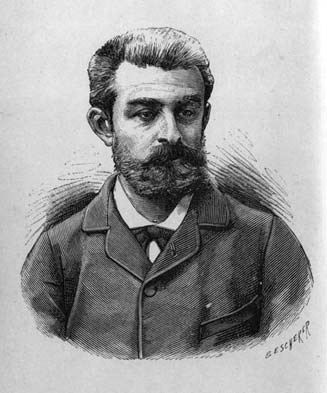|
Theopanism
Theopanism (from Greek: Θεός ''Theos'', "God" and πᾶν ''pan'', "all") was first used as a technical term by the Jesuits in elucidating Hinduism. Theopanism has also been more broadly stated as inclusive of any theological theory by which God is held equivalent to the Universe. As one author puts it: "In theopanism the meaning given the word God is of an entity that is not separate from the universe. Theopanism includes among its major concepts pantheism and panentheism."Alvin Jay Reines, ''Polydoxy: explorations in a philosophy of liberal religion'', 1987, p. 77. The broader statement would also include pandeism. See also * God becomes the Universe * Mordechai Nessyahu * Naturalistic spirituality * Baruch Spinoza Baruch (de) Spinoza (born Bento de Espinosa; later as an author and a correspondent ''Benedictus de Spinoza'', anglicized to ''Benedict de Spinoza''; 24 November 1632 – 21 February 1677) was a Dutch philosopher of Portuguese-Jewish origin, b ... ... [...More Info...] [...Related Items...] OR: [Wikipedia] [Google] [Baidu] |
Ancient Greek
Ancient Greek includes the forms of the Greek language used in ancient Greece and the ancient world from around 1500 BC to 300 BC. It is often roughly divided into the following periods: Mycenaean Greek (), Dark Ages (), the Archaic period (), and the Classical period (). Ancient Greek was the language of Homer and of fifth-century Athenian historians, playwrights, and philosophers. It has contributed many words to English vocabulary and has been a standard subject of study in educational institutions of the Western world since the Renaissance. This article primarily contains information about the Epic and Classical periods of the language. From the Hellenistic period (), Ancient Greek was followed by Koine Greek, which is regarded as a separate historical stage, although its earliest form closely resembles Attic Greek and its latest form approaches Medieval Greek. There were several regional dialects of Ancient Greek, of which Attic Greek developed into Koine. Dia ... [...More Info...] [...Related Items...] OR: [Wikipedia] [Google] [Baidu] |
Jesuits
The Society of Jesus ( la, Societas Iesu; abbreviation: SJ), also known as the Jesuits (; la, Iesuitæ), is a religious order (Catholic), religious order of clerics regular of pontifical right for men in the Catholic Church headquartered in Rome. It was founded in 1540 by Ignatius of Loyola and six companions, with the approval of Pope Paul III. The society is engaged in evangelization and apostolic ministry in 112 nations. Jesuits work in education, research, and cultural pursuits. Jesuits also give retreats, minister in hospitals and parishes, sponsor direct social and humanitarian ministries, and promote Ecumenism, ecumenical dialogue. The Society of Jesus is consecrated under the patron saint, patronage of Madonna della Strada, a title of the Blessed Virgin Mary, and it is led by a Superior General of the Society of Jesus, Superior General. The headquarters of the society, its Curia, General Curia, is in Rome. The historic curia of Ignatius is now part of the attached to t ... [...More Info...] [...Related Items...] OR: [Wikipedia] [Google] [Baidu] |
Hinduism
Hinduism () is an Indian religion or '' dharma'', a religious and universal order or way of life by which followers abide. As a religion, it is the world's third-largest, with over 1.2–1.35 billion followers, or 15–16% of the global population, known as Hindus. The word ''Hindu'' is an exonym, and while Hinduism has been called the oldest religion in the world, many practitioners refer to their religion as '' Sanātana Dharma'' ( sa, सनातन धर्म, lit='the Eternal Dharma'), a modern usage, which refers to the idea that its origins lie beyond human history, as revealed in the Hindu texts. Another endonym is ''Vaidika dharma'', the dharma related to the Vedas. Hinduism is a diverse system of thought marked by a range of philosophies and shared concepts, rituals, cosmological systems, pilgrimage sites, and shared textual sources that discuss theology, metaphysics, mythology, Vedic yajna, yoga, agamic rituals, and temple building, among other to ... [...More Info...] [...Related Items...] OR: [Wikipedia] [Google] [Baidu] |
Antonio Gramsci
Antonio Francesco Gramsci ( , , ; 22 January 1891 – 27 April 1937) was an Italian Marxist philosopher, journalist, linguist, writer, and politician. He wrote on philosophy, political theory, sociology, history, and linguistics. He was a founding member and one-time leader of the Italian Communist Party. A vocal critic of Benito Mussolini and fascism, he was imprisoned in 1926 where he remained until his death in 1937. Gramsci wrote more than 30 notebooks and 3,000 pages of history and analysis during his imprisonment. His ''Prison Notebooks'' are considered a highly original contribution to 20th-century political theory. Gramsci drew insights from varying sources – not only other Marxists but also thinkers such as Niccolò Machiavelli, Vilfredo Pareto, Georges Sorel, and Benedetto Croce. The notebooks cover a wide range of topics, including Italian history and nationalism, the French Revolution, fascism, Taylorism and Fordism, civil society, folklore, religion and ... [...More Info...] [...Related Items...] OR: [Wikipedia] [Google] [Baidu] |
Pantheism
Pantheism is the belief that reality, the universe and the cosmos are identical with divinity and a supreme supernatural being or entity, pointing to the universe as being an immanent creator deity still expanding and creating, which has existed since the beginning of time, or that all things compose an all-encompassing, immanent god or goddess and regards the universe as a manifestation of a deity. This includes all astronomical objects being viewed as part of a sole deity. The worship of all gods of every religion is another definition but is more precisely termed Omnism. Pantheist belief does not recognize a distinct personal god, anthropomorphic or otherwise, but instead characterizes a broad range of doctrines differing in forms of relationships between reality and divinity. Pantheistic concepts date back thousands of years, and pantheistic elements have been identified in various religious traditions. The term ''pantheism'' was coined by mathematician Joseph Raphson ... [...More Info...] [...Related Items...] OR: [Wikipedia] [Google] [Baidu] |
Panentheism
Panentheism ("all in God", from the Greek language, Greek grc, πᾶν, pân, all, label=none, grc, ἐν, en, in, label=none and grc, Θεός, Theós, God, label=none) is the belief that the Divinity, divine intersects every part of Universe, the universe and also extends beyond space and time. The term was coined by the German philosopher Karl Krause in 1828 to distinguish the ideas of Georg Wilhelm Friedrich Hegel (1770–1831) and Friedrich Wilhelm Joseph Schelling (1775–1854) about the relation of God and the universe from the supposed pantheism of Baruch Spinoza,John Culp (2013)"Panentheism" in the ''Stanford Encyclopedia of Philosophy''. Retrieved 18 March 2014. after reviewing Hindu scriptures. Unlike pantheism, which holds that the divine and the universe are Identity (philosophy), identical, panentheism maintains an Ontology, ontological distinction between the divine and the secular, non-divine and the significance of both. In panentheism, the universal Omniprese ... [...More Info...] [...Related Items...] OR: [Wikipedia] [Google] [Baidu] |
Pandeism
Pandeism (or pan-deism), is a theological doctrine that combines aspects of pantheism with aspects of deism. Unlike classical deism, which holds that God does not interfere with the universe after its creation, pandeism holds that a creator deity became the universe and ceased to exist as a separate entity. Pandeism (as it relates to deism) purports to explain why God would create a universe and then appear to abandon it, and (as it relates to pantheism) seeks to explain the origin and purpose of the universe. Various theories suggest the coining of the word "pandeism" as early as the 1780s, but one of the earliest unequivocal uses of the word with its present meaning was in 1859 with Moritz Lazarus and Heymann Steinthal. Definition The word "pandeism" is a hybrid blend of the root words "pantheism" and "deism" ( grc, πᾶν, pan, all and la, deus 'god'). The earliest use of the term ''pandeism'' appears to have been 1787, with another usage found in 1838, a first app ... [...More Info...] [...Related Items...] OR: [Wikipedia] [Google] [Baidu] |
God Becomes The Universe
The belief that God became the Universe is a theological doctrine that has been developed several times historically, and holds that the creator of the universe actually became the universe. Historically, for versions of this theory where God has ceased to exist or to act as a separate and conscious entity, some have used the term pandeism, which combines aspects of pantheism and deism, to refer to such a theology. A similar concept is panentheism, which has the creator become the universe only in part, but remain in some other part transcendent to it, as well. Hindu texts like the '' Mandukya Upanishad'' speak of the undivided one which became the universe. Development In mythology Many ancient mythologies suggested that the world was created from the physical substance of a dead deity or a being of similar power. In Babylonian mythology, the young god Marduk slew Tiamat and created the known world from her body. Similarly, Norse mythology posited that Odin and his brother ... [...More Info...] [...Related Items...] OR: [Wikipedia] [Google] [Baidu] |
Mordechai Nessyahu
Mordechai Nessyahu (September 25, 1929 – April 23, 1997) was an Israeli political theorist and philosopher of science, as well as the originator of a worldview he called ''cosmotheism''. Biography While studying physics and philosophy at the Hebrew University, Nessyahu began to formulate the worldview he eventually called cosmotheism. He exchanged several letters on the subject with Albert Einstein. In 1953 he published a book in Hebrew entitled ''מדע הקוסמוס וחברת המדע'' (''Cosmic Science and the Scientific Society'') which became the foundation of his eventual cosmotheistic formulation. Moshe Sharett, soon to be Israel's second prime minister, was so impressed by the book that he shared it with Prime Minister David Ben-Gurion. As a result, Nessyahu was appointed Director of the Research Department of the Israeli Labor Party. Nessyahu remained in this position until his death. In 1968 he met Tsvi Bisk, a new immigrant from the United States, who became his ... [...More Info...] [...Related Items...] OR: [Wikipedia] [Google] [Baidu] |
Naturalistic Spirituality
Spiritual naturalism, or naturalistic spirituality combines a naturalist approach to spiritual ways of looking at the world. Spiritual naturalism may have first been proposed by Joris-Karl Huysmans in 1895 in his book ''En Route''. Coming into prominence as a writer during the 1870s, Huysmans quickly established himself among a rising group of writers, the so-called Naturalist school, of whom Émile Zola was the acknowledged head...With Là-bas (1891), a novel which reflected the aesthetics of the spiritualist revival and the contemporary interest in the occult, Huysmans formulated for the first time an aesthetic theory which sought to synthesize the mundane and the transcendent: "spiritual Naturalism". Long before the term spiritual naturalism was coined by Huysmans, there is evidence of the value system of spiritual naturalism in Stoicism: "Virtue consists in a will that is in agreement with Nature". Terminology Spirituality Spirituality (from the Latin root ''spirit ... [...More Info...] [...Related Items...] OR: [Wikipedia] [Google] [Baidu] |
Baruch Spinoza
Baruch (de) Spinoza (born Bento de Espinosa; later as an author and a correspondent ''Benedictus de Spinoza'', anglicized to ''Benedict de Spinoza''; 24 November 1632 – 21 February 1677) was a Dutch philosopher of Portuguese-Jewish origin, born in Amsterdam. One of the foremost exponents of 17th-century Rationalism and one of the early and seminal thinkers of the Enlightenment and modern biblical criticism including modern conceptions of the self and the universe, he came to be considered "one of the most important philosophers—and certainly the most radical—of the early modern period." Inspired by Stoicism, Jewish Rationalism, Machiavelli, Hobbes, Descartes, and a variety of heterodox religious thinkers of his day, Spinoza became a leading philosophical figure during the Dutch Golden Age. Spinoza's given name, which means "Blessed", varies among different languages. In Hebrew, his full name is written . In most of the documents and records contemporary with Spinoza's ... [...More Info...] [...Related Items...] OR: [Wikipedia] [Google] [Baidu] |
Universal Pantheist Society
The Universal Pantheist Society is one of the world's first official organizations dedicated to the promotion and understanding of modern pantheism. The Society does not require its members to hold to any particular creed about Pantheism and recognizes that there are a variety of beliefs that fall under the title pantheism. The Society encourages individuals in finding ways of spiritual practice in keeping with the general spirit of pantheism. Its motto is ''We seek renewed reverence for the Earth and a vision of Nature as the ultimate context for human existence...h1> Background The Universal Pantheist Society seeks to bring together Pantheists of various traditions and understandings, believing that standing together can help create a stronger community and provide greater intellectual stimulation for its participants. The Society, founded in 1975, was the first organization to recognize Pantheism as a religion (organized under U.S. 501(c)(3) statutes). It is a membership organi ... [...More Info...] [...Related Items...] OR: [Wikipedia] [Google] [Baidu] |



.jpg)



